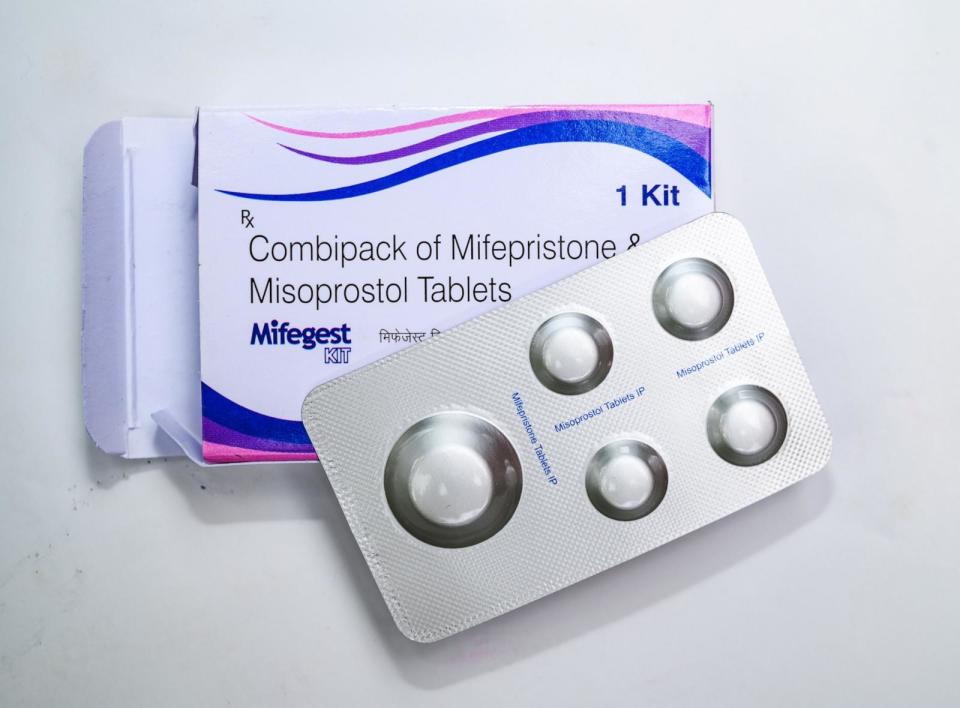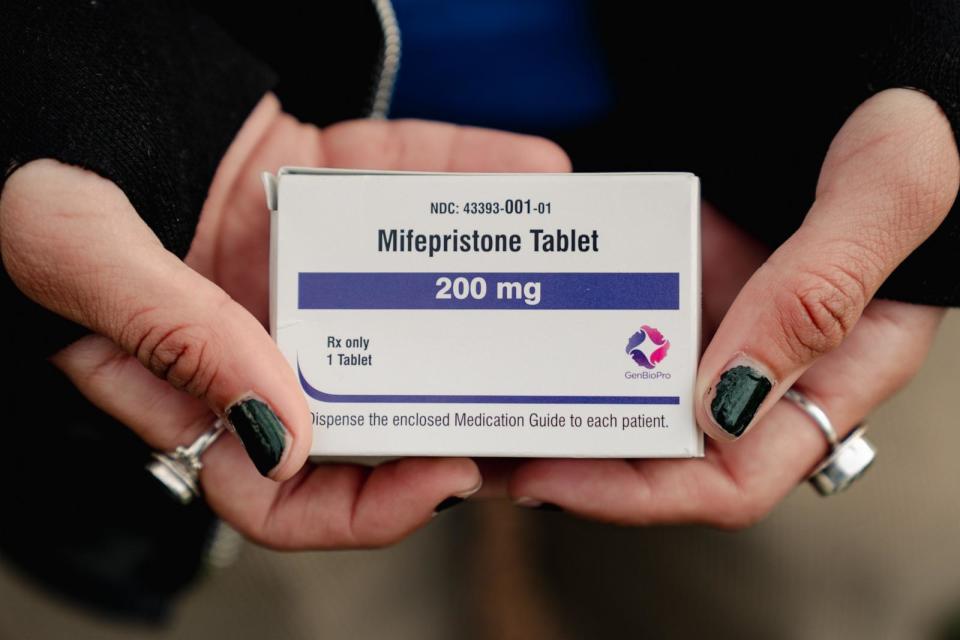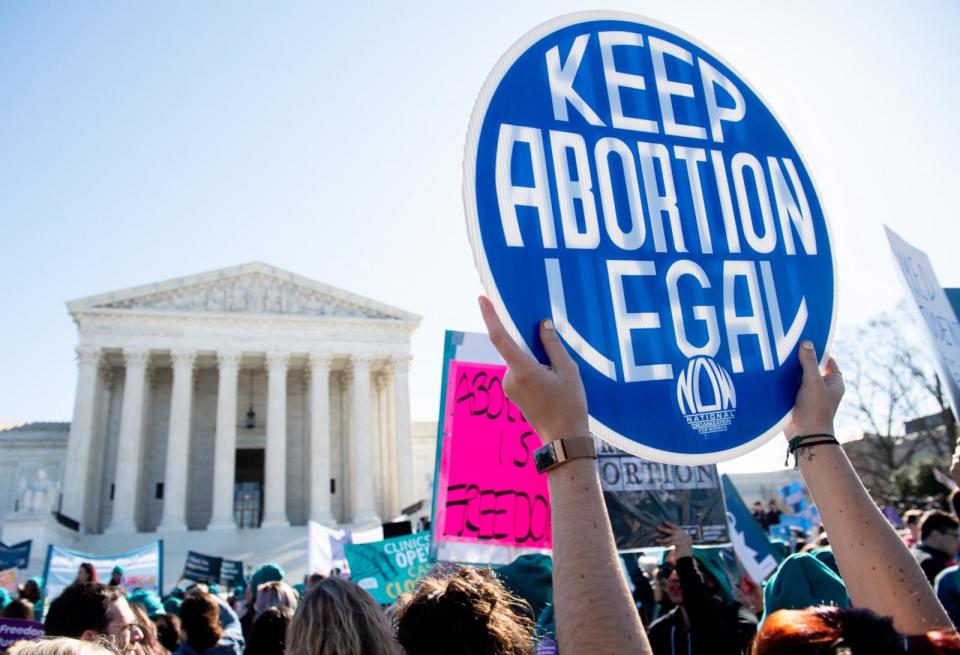Why Louisiana is pushing to classify abortion pills as a controlled substance
Louisiana is moving closer to classifying the abortion pill regimen -- mifepristone and misoprostol -- as a "controlled dangerous substance," putting them in the same category as opioids and other addictive medications.
If a new bill becomes law, possession of the the medications without valid prescriptions or orders from medical professionals would be punishable by up to five years in prison with an exception for pregnant women in possession of the pills for their own consumption.
The Senate, which is more than 70% Republican, approved the bill, 29-7, on Thursday. The Louisiana House approved the bill Tuesday.
It now heads to Republican Gov. Jeff Landry's desk for final approval before it can become law. He is expected to sign it.

A federal case currently before the U.S. Supreme Court also seeks to revoke Food and Drug Administration's approval of mifepristone, the first pill taken in a two-drug regimen for a medication abortion. This could restrict nationwide access to the pill. The Supreme Court is expected to issue a decision in the case by the end of June.
The regimen is currently federally approved to end pregnancies up to 11 weeks.
Medication abortion is currently the most common form of abortion in the U.S., according to a study from the Guttmacher Institute. The study found that 63% of abortions in the U.S. that took place in the health care system in 2023 were medication abortions.
MORE: 5 takeaways as Supreme Court questions sweeping challenge to abortion pill access
Nearly all abortions have ceased in Louisiana under a strict trigger ban that prohibits the procedure in its entirety and imposes civil and criminal penalties on anyone who violates it.

What's in the bill?
While an amendment to the bill included the provision that would reclassify the abortion pills, the bill itself focused on cracking down on "coerced criminal abortion by means of fraud."
The bill creates a crime of "coerced criminal abortion" -- prohibiting a third party from fraudulently using an abortion-inducing drug to cause or attempt to cause an abortion on an unsuspecting pregnant woman, without their knowledge or consent.
The proposed law was created by a state Sen. Thomas Pressly, whose pregnant sister's husband tried to induce an abortion more than once, ultimately failing to abort the pregnancy, lawmakers said on the floor Tuesday.

MORE: This is how mifepristone and misoprostol induce abortions
"Coerced criminal abortion" would be a crime punishable by five to 10 years in prison and a fine of $10,000 to $75,000, according to the bill.
The punishment is more severe for anyone found guilty of committing the crime on a pregnant woman who is more than three months pregnant. They could face 10 to 20 years in prison and a fine from $50,000 to $100,000, according to the bill.
There is a substantially higher risk to the life of a pregnant mother if the pregnancy is more than three months along, according to the bill.
Violators of the law can still be prosecuted even if the attempted abortion is unsuccessful, the bill said.
Why Louisiana is pushing to classify abortion pills as a controlled substance originally appeared on abcnews.go.com

